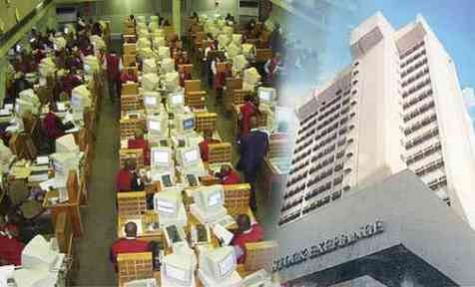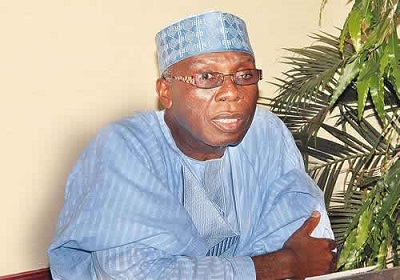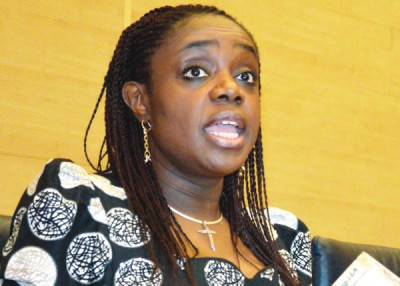Ghost workers: FG wants BVN extended to MFBs

The Federal Government, in a bid to fish out more ghost workers, has called on the Central Bank of Nigeria to extend the requirement for the Bank Verification Number to account holders in microfinance banks.
The Minister of Finance, Mrs. Kemi Adeosun, stated this in a letter to the Governor of the CBN, Mr. Godwin Emefiele.
She explained that this would facilitate the detection of bank accounts, which might have been opened and operated in such banks for ghost workers by fraudulent syndicates.
The Director of Information in the Ministry of Finance, Mr. Salisu Dambatta, confirmed the development on Monday in a statement issued in Abuja.
Currently, the use of the BVN for bank transactions is only limited to account holders in the Deposit Money Banks.
The CBN had stated in September last year that it planned to extend the BVN exercise to the microfinance banking sector, but that idea has not been implemented since.
Adeosun acknowledged that while the introduction of the BVN by the CBN to the banks had contributed immensely in improving the integrity of the Federal Government’s payroll in which more than 50,000 ghost workers had been detected and removed from the payroll, an extension of the exercise to the MFBs was vital in fishing out more.
For instance, the minister stated that operating bank accounts in the MFBs without requirement of the BVN had left a huge loophole, which could be used to hide and launder proceeds of crimes without being detected by law enforcement agencies.
She also explained that prior to the deadline for obtaining the BVN, there was large movement in the number of salary accounts of federal employees from commercial banks to the microfinance banks.
This, she lamented, was suspicious, adding that the ministry had begun an investigation into such movements.
Adeosun said, “Our ongoing efforts to verify the integrity of the Federal Government’s personnel costs and purge the system of fraud and errors have made extensive use of the Bank Verification Number as a means of identifying recipients of multiple salaries and salaries paid into accounts with names that differ from those held on our payroll records.
“The success of these efforts has to date yielded the removal of over 50,000 payroll entries. Prior to the deadline for obtaining the BVN, the movement of a large number of salary accounts of federal employees from commercial banks to microfinance banks was observed.
“This is a suspicious activity and we have already commenced a review of such cases to identify and investigate any case of fraud.”
While noting that extending the requirement for the BVN to the microfinance banks might put a huge financial strain on the sector, the minister pointed out that the ability to implement it was vital in the fight against corruption.
She said, “Some MFBs, such as the National Police Force Microfinance Bank, have over 27,000 salary accounts. Our inability to perform checks on such a large number of salary earners is a key risk.
“I am, therefore, seeking your co-operation to enforce compliance with the BVN on any MFB with over 200 active salary accounts or those above a certain size.”







